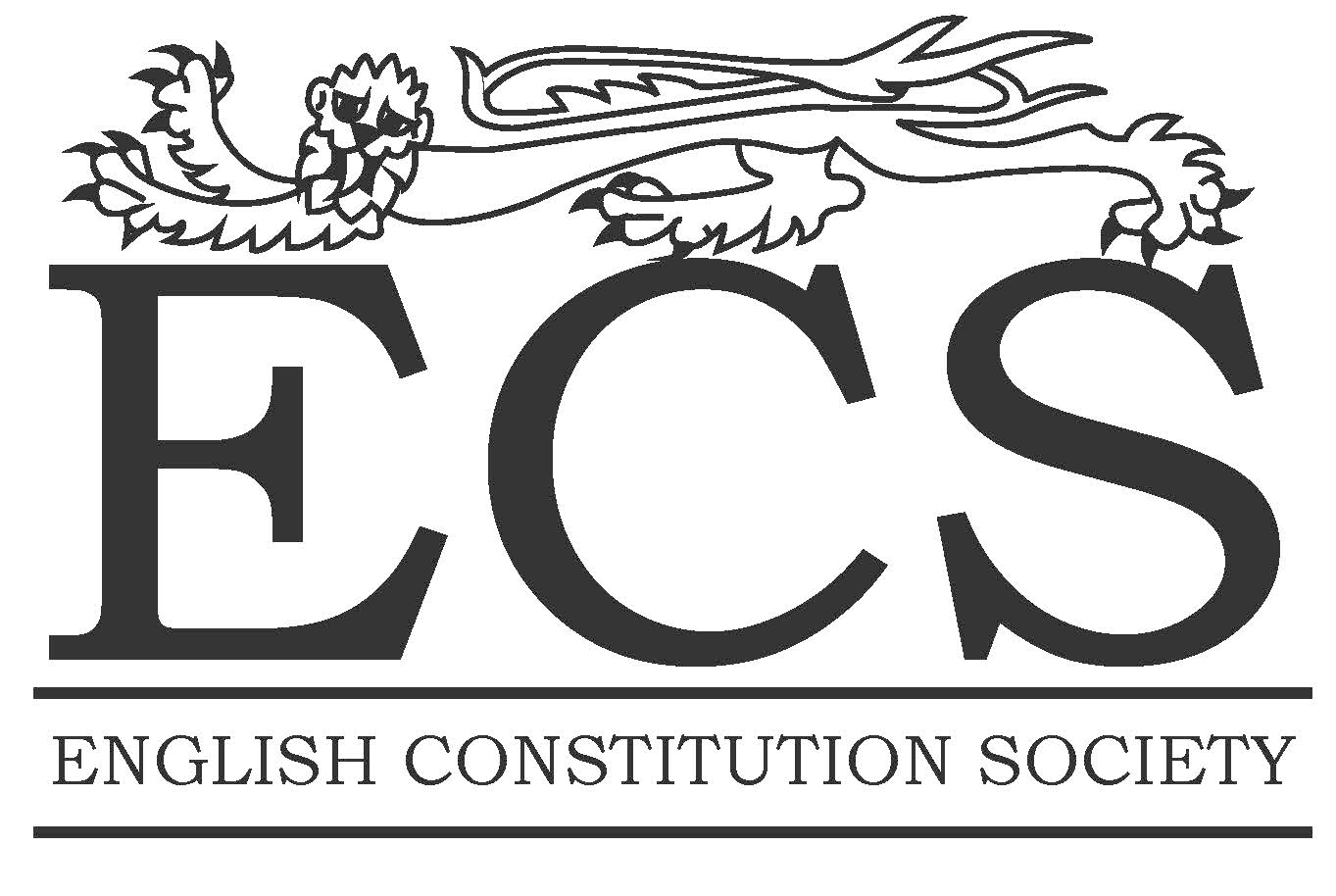Recognising the need to protect individual privacy and freedom in the digital age, this Bill of Rights is established to secure the rights of all individuals against any infringement of their digital identity and to prohibit the use of harmful digital technologies.
- Prohibition of Digital Currency: The use of digital currencies that track and monitor financial transactions is prohibited. It is strictly forbidden to create CBDC. Physical cash, whether gold coins, silver or paper money, must never be removed from citizens' use.
- Right to Digital Identity: Every individual has the right to control and protect their digital identity, including but not limited to their DNA, facial identifiers, voice print or pattern, fingerprints, retina scans, and gait. The use of any form of biometric data must be with the explicit consent of the individual concerned.
- Prohibition of Harmful Digital Technologies: Any digital technology that can harm individuals, including, but not limited to, psychological warfare, manipulation, and exploitation, is prohibited.
- Right to Privacy: Every individual has the right to privacy in their digital communications, including emails, phone calls, and online activities. The collection, monitoring, or interception of such communications without a warrant or consent is prohibited.
- Right to Digital Due Process: Every individual has the right to due process in the digital world, including the right to a fair trial and legal representation in a physical court with human jurors, judges and representatives, including common law lawyers not governed by the bar.
- Prohibition of Data Misuse: The misuse or unauthorised sharing of an individual’s personal data, including data collected by governments, corporations, and other entities, is prohibited.
- Right to Informational Self-Determination: Every individual has the right to control the use of their personal data, including the right to know what data is being collected and demand its deletion.
- Prohibition of Digital Surveillance: Using digital surveillance technologies, including facial recognition, to identify and track individuals without their consent or warrant is prohibited.
- Right to Encryption: Individuals can use encryption technologies to protect their digital communications and data.
- Prohibition of Harmful AI: The development and use of artificial intelligence that can cause harm to individuals or groups, including autonomous weapons, is prohibited.
- Principle of Individual Sovereignty: All biometric data is unique to the individual and is considered their sovereign property. The collection or use of such data without the individual’s explicit consent is prohibited.
- Right to Digital Literacy: Every individual has the right to access and acquire digital literacy skills to protect their digital identity and privacy.
- The use of psychographic profiling and targeted advertising to manipulate individuals into making decisions against their own interests or to influence their political views without their knowledge or consent. This manipulation undermines the principles of free and fair elections and infringes on individuals’ rights to privacy, autonomy, and freedom of thought. Therefore, such practices should be prohibited and subject to legal penalties.
- No government or non-governmental organisation, charity or otherwise, of like nature can interfere with the international human rights of self-determination of a country and its people by digital means or any other means.
This Digital Bill of Rights establishes individuals' rights to protect their digital identity and privacy in the digital age. It also prohibits the use of harmful digital technologies and establishes the principle of individual sovereignty over biometric data.

